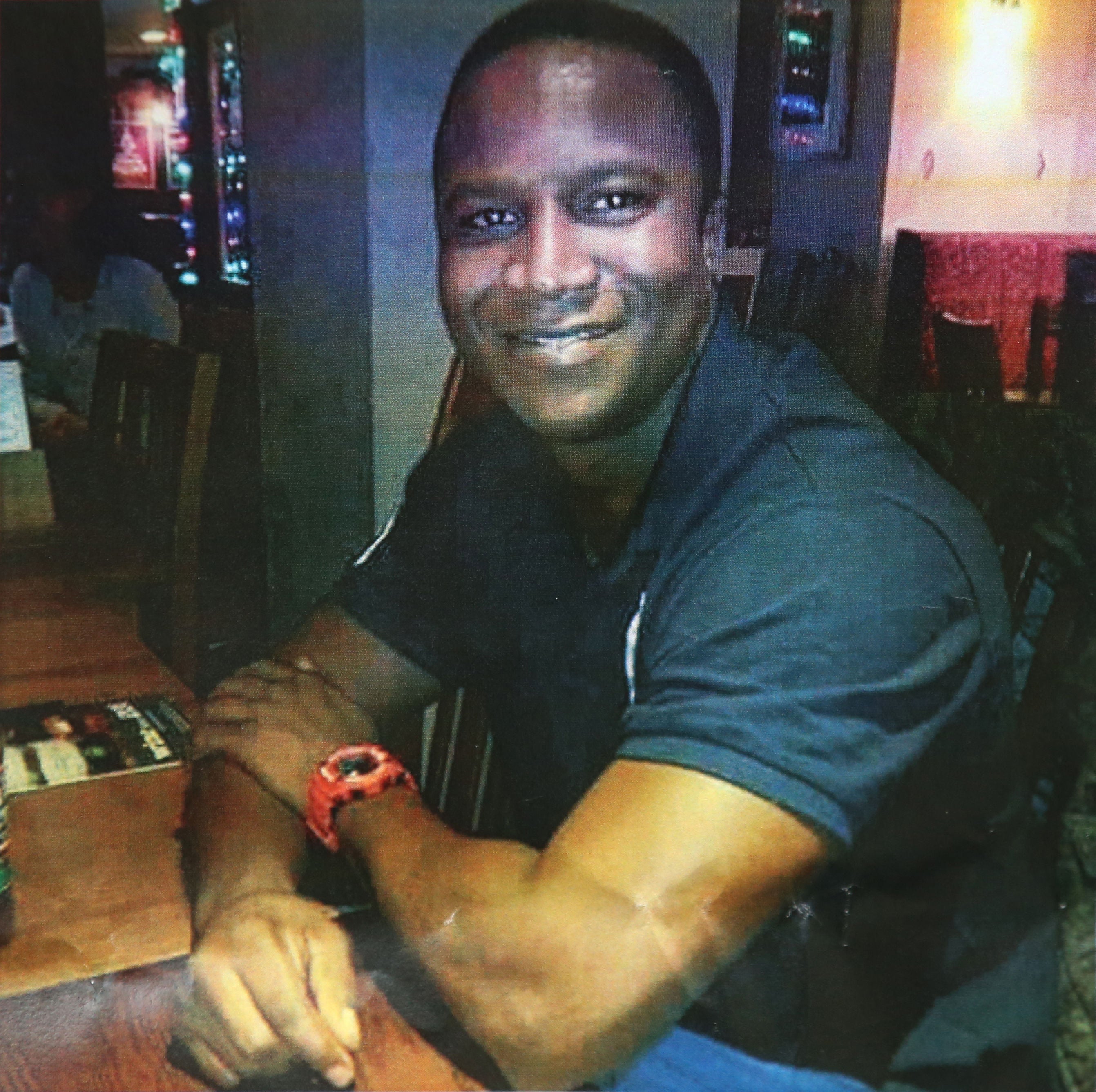Police should have disclosed more about involvement with Sheku Bayoh – detective
An inquiry into the death of the father-of-two has heard evidence from Detective Inspector Graeme Dursley.

Your support helps us to tell the story
From reproductive rights to climate change to Big Tech, The Independent is on the ground when the story is developing. Whether it's investigating the financials of Elon Musk's pro-Trump PAC or producing our latest documentary, 'The A Word', which shines a light on the American women fighting for reproductive rights, we know how important it is to parse out the facts from the messaging.
At such a critical moment in US history, we need reporters on the ground. Your donation allows us to keep sending journalists to speak to both sides of the story.
The Independent is trusted by Americans across the entire political spectrum. And unlike many other quality news outlets, we choose not to lock Americans out of our reporting and analysis with paywalls. We believe quality journalism should be available to everyone, paid for by those who can afford it.
Your support makes all the difference.A detective involved in the aftermath of the death of a man detained by police should have told the man’s girlfriend more about officers’ contact with him, an inquiry has heard.
Detective Inspector Graeme Dursley, who was a detective sergeant on the day Sheku Bayoh died, told the inquiry into the 31-year-old’s death that officers did not go into detail about what had happened when they told Collette Bell of his death.
But he said they should have told her about the police’s contact with the father-of-two at that time.
Mr Bayoh died after being restrained by police in Kirkcaldy, Fife, on May 3, 2015.
Addressing the inquiry, which is investigating the circumstances of Mr Bayoh’s death and whether race was a factor, Mr Dursley said: “I think we could of, we should of, at the time we just didn’t know how much detail to give and what was going on to be accurate and what wasn’t.”
Mr Dursley told senior counsel Angela Grahame KC: “I think I would have said to Collette there has been a call to the police, there has been some sort of contact, he’s gone unconscious, he’s gone to hospital, and he’s passed away.
“Then there would be hundreds of questions off the back of that and you might not be able to answer these questions, but I think if something similar happened next week that’s what I would want to do.”
Ms Bell, who had a three-month-old baby with Mr Bayoh at the time of his death, previously told the inquiry she was initially told her boyfriend had been found by a passer-by.
Ms Grahame said Ms Bell had been under the impression he had been murdered.
Mr Dursley told the KC that when he spoke to his colleague Detective Sergeant Wayne Parker, who would tell Ms Bell of the death, he gave no impression that Mr Bayoh had been found murdered or that he was discovered by a passer-by.
In a statement Mr Dursley wrote the day after the death, he said a “black male had been found dead”, but in his police daybook he had “tell Collette black male dead”.
He told Ms Grahame: “That’s a statement I compiled the day after, the only difference is I’ve got there is ‘found dead’ and in my daybook it’s ‘black male dead’ and not ‘found dead’.”
He told the inquiry the daybook note was contemporaneous, written at 10.45am that day, and he added: “I remember thinking we have got to tell her and I wrote that down.
“I’ve written found there the day after, however my recollection is we didn’t go into the circumstances of Mr Bayoh being found dead because he wasn’t found dead he was found by the police and subsequently died.
“Because Mr Bayoh was in police custody, or effectively with them, I don’t know what point we got to during that arrest process, but it’s really important because we (Police Scotland) were there with Mr Bayoh and it’s clearly really important that we deal with that effectively.
“We are a public service and we are there for the public, and if there is any death that involves the police it’s clearly really significant.”
The inquiry, before Lord Bracadale, continues.